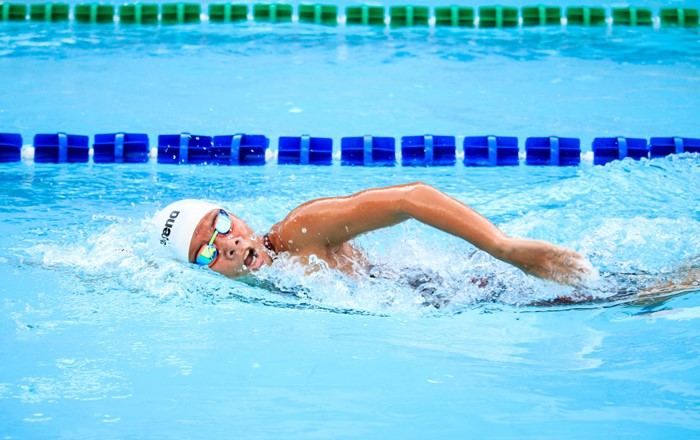A majority of female athletes (58%) support classification based on biological sex rather than gender identity, but views differ depending on sporting background, new research has found.
This peer-reviewed study is the largest of its kind and is based on comprehensive and rigorous analysis of data. Published in Sports Science Journal.
This book reports the opinions of 175 national, elite, and world-class female athletes from a variety of sports and countries regarding the eligibility and inclusion of transgender athletes.
Respondents included 26 world champions, 22 Olympians (including 2 gold medals, 2 silver medals, and 3 bronze medals), and 6 Paralympic athletes.
This study takes a closer look at important differences not included in other studies. For example, questions are about precision sports such as archery, sports that rely heavily on physical ability such as the 100-meter run, and contact sports such as rugby.
This study is also the first to show that female athletes' opinions regarding the eligibility and inclusion of transgender athletes vary by sport background, level of competition, and career stage. The survey also found that a majority of female athletes (81%) believe sports organizations need to improve their inclusivity for transgender athletes.
This research could be an important resource for sports governing bodies as they establish rules and procedures.
This study Applied Sports Science Technology and Medical Research Center (A-STEM) Swansea University, with principal collaborators Professor Alan Williams and Dr. Georgina Stebbings. Manchester Metropolitan University Institute of Sport; and Dr. Marie Cholier. University of Chester.
Dr Shane Heffernan from Swansea University said:
“Our research can be used by governing bodies with confidence in what is often a polarizing debate, knowing that it is based on scientific methods and peer-reviewed research. I will provide evidence.”.
As the IOC framework recently suggested, athlete input is important when developing inclusion policies and guidelines in this area. What our research did was gather opinions from a large group of retired and current athletes in order to provide information to governing bodies.
An important finding is that opinions differ on the inclusion of transgender athletes across all levels of sport we evaluated. Nuance must be applied when policy decisions are made that impact the lives, and in some cases livelihoods, of athletes.
Importantly, while the opinions of high-level athletes indicate that transgender inclusion is valued, equity must be a priority for athletes at the highest competitive level. ”
Alan Williams, Professor of Sport and Exercise Genomics, Institute of Sport, Manchester Metropolitan University He, who along with Dr Georgina Stebbings is lead collaborator on the study, said:
“This study is the largest of its kind and provides a detailed, wide-ranging set of clear insights based on robust, independently evaluated data.
This shows that female athletes' opinions on transgender eligibility and inclusion vary by sport, career stage, and level of competition, so sports federations should consult athletes to truly understand their perspectives. You need to take this into consideration when asking for.
Opinions varied depending on the sporting context, but overall they preferred that classification be based on biological sex. Support for trans women's eligibility was lowest in the women's category in contact sports and in categories that rely heavily on performance-related biological factors that vary by gender.
However, when higher stakes were involved, or when individuals were no longer at the top of the competition, different opinions were expressed regarding some aspects and differed between groups. It is important that governing bodies ensure that policies and committee members reflect key stakeholders and understand that views vary by athlete group and sport.
Importantly, this data shows that, to the best of our current understanding, high-level competitive athletes do not generally have a negative opinion of gender transition, with 94.2% being supportive. Showing. ”
Professor Williams' expertise lies at the upper end of human physical performance, and he has published widely on genetic profiles of elite athletes, performance enhancement through physical training, sports-related injuries, and ethical and policy issues. . He also appeared as an expert before Caster Semenya's Court of Arbitration for Sport (CAS) in his legal battle with the International Association of Athletics Federations (IAAF).


